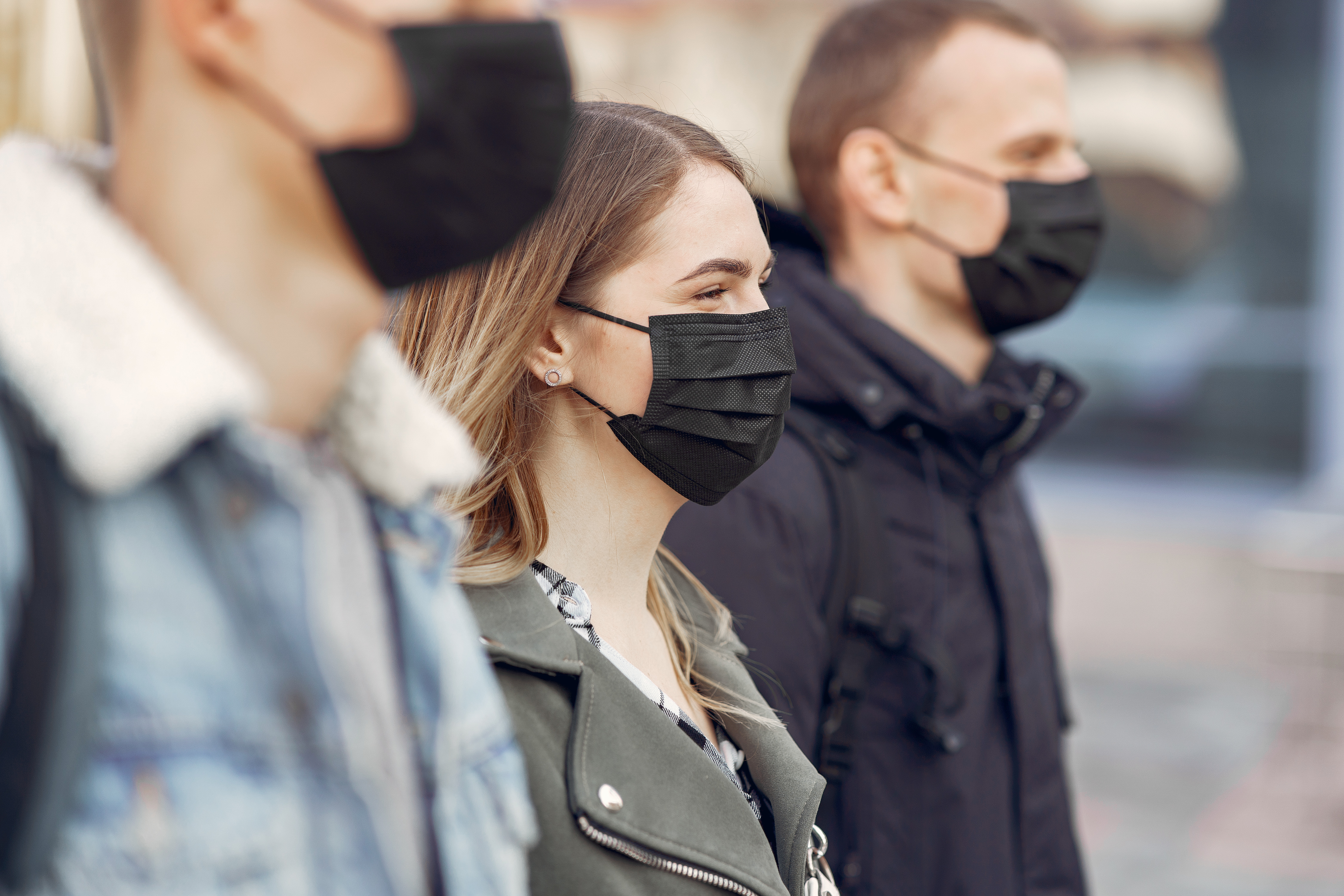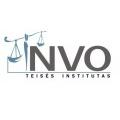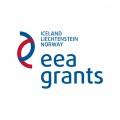The Civic Empowerment Index 2020 study was carried out for the eleventh time in the beginning of 2021. The mean score for 2020 has grown to 41.3 points out of 100. This is the highest value to date since the first survey was conducted in 2007.
The change was most strongly influenced by one of the four dimensions of the index, civic activity. The mean score for the civic activity index was 44.0 points out of 100, its highest value since 2007. In comparison, the score was 33.8 points in 2019. The first year of the coronavirus pandemic saw increased participation of Lithuanians in almost all of the 19 civic activities included in the survey. The largest increase was seen in the top three activities: charitable donations (61% of the survey participants indicated they were engaged in this activity in 2020, up by 22%), engagement in local communities (39%, up by 13%), and voluntary environmental clean-up (40%, up by 8%). In 2020 there was also some increase in the following activities: engagement with journalists and other opinion-makers or public communication (11%), informing the police, tax inspectorate, child rights protection service and other state institutions about violations of law (17%). During the first pandemic year, there were significantly less people who did not participate in any of the 19 activities. In 2020 they amounted to 22%, down from 36% in 2019 and 2016.
In addition to the usual dimensions, the 2020 Civic Empowerment Index survey also measured the extent of membership in organisations and volunteering during the first year of the pandemic. 53% of the survey participants indicated they were members of various organisations, societies, and associations. The numbers signify positive societal change and signal a more conducive environment for civic activity. Networks of common action are growing stronger and solidarity norms increase with voluntary participation in civic organisations. Community organisations currently attract the largest share of members. 23% of the survey participants indicated they were members in such organisations, an increase of 17% compared to 2016 (6%).
According to the survey, 9% of the Lithuanian population have volunteered during the first pandemic year and two quarantines. Of these, only one-third volunteered regularly (at least once a week or once a month). In 2020, very few volunteers were new to volunteering and had no volunteering experience prior to the pandemic. The share of respondents who did not volunteer and had no plans to do so amounted to 54% of the population and did not change significantly compared to earlier data.
***
More about the results of the Civic Empowerment Index 2020 research:
Summary of research results (pdf);
Presentation slides (pdf, in Lithuanian).
Ministry of Social Security and Labour of the Republic of Lithuania financed the Lithuanian Civic Empowerment Index 2020 research. Representative survey of the Lithuanian population was carried out by UAB „Eurointegracijos projektai“.
More about the Civic Empowerment Index Research.











